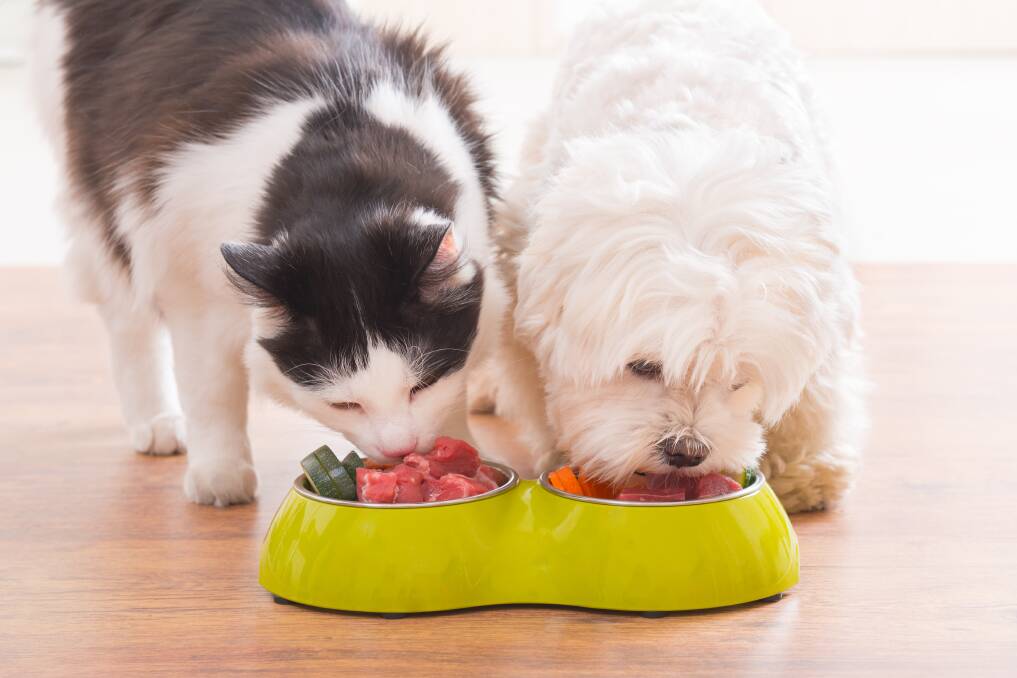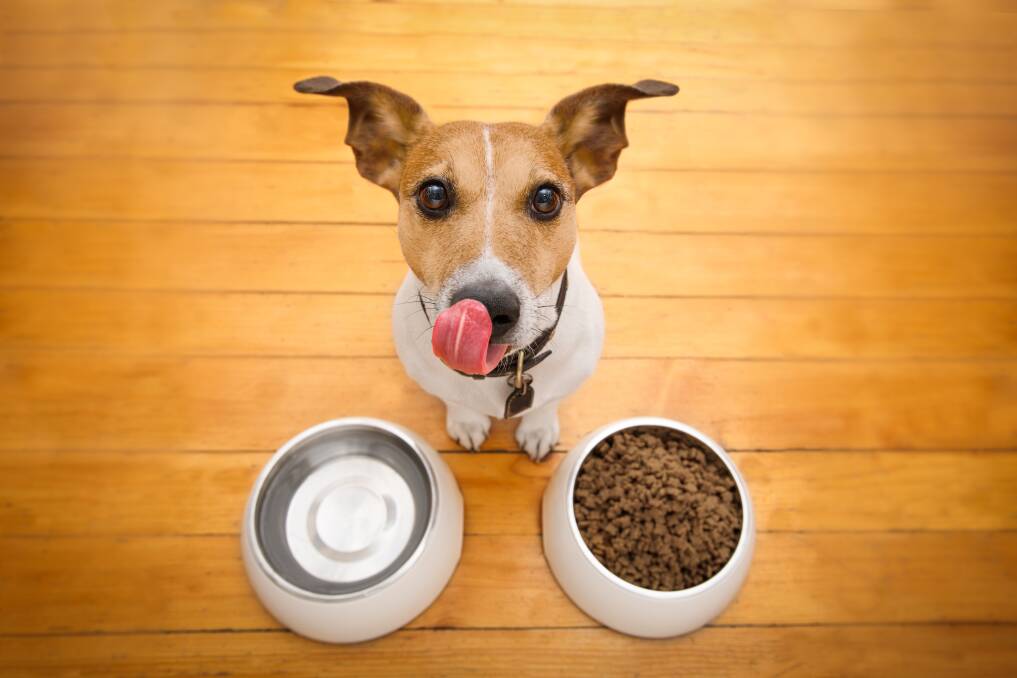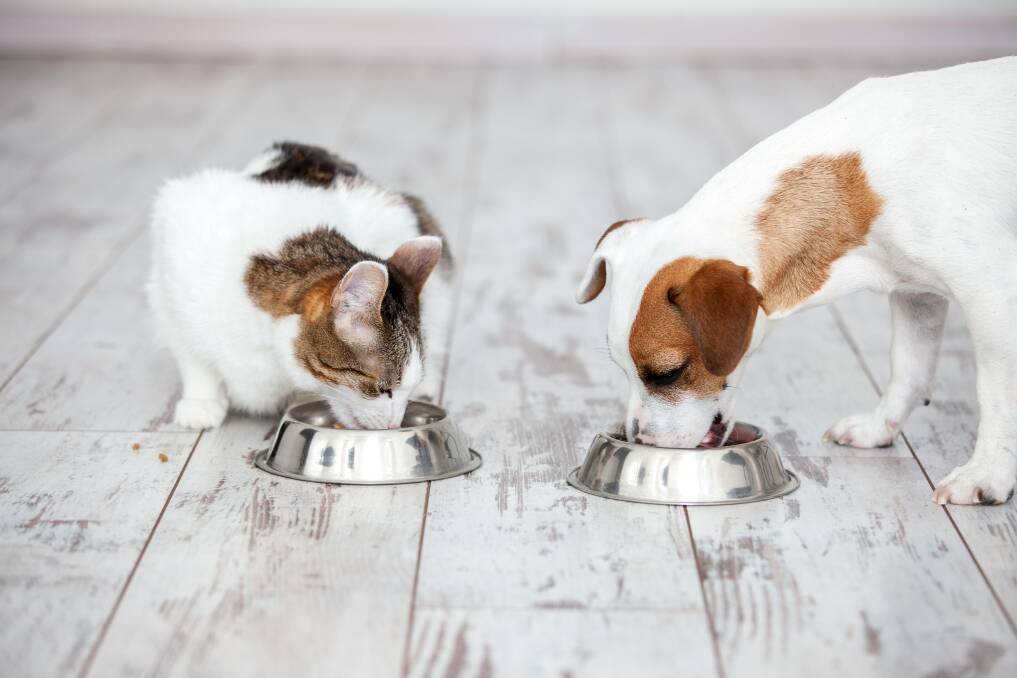Five reasons your pets need certain foods

Sponsored Content for Petsumer.
Usually, the food you can buy at your local pet store is enough for your pets. But if your pet is showing symptoms that cause concern, your vet may have to put your furry kid on a special diet that could help alleviate the symptoms.
Below are reasons why your vet may prescribe certain foods that your furry kid needs.
1 - Your pet is getting old
Having a pet is great. They're with you through thick and thin and will give you unconditional love. The downside is the part where you say goodbye.
As they age, you'll notice that they're no longer as sprightly as before, they take steps gingerly, especially in the morning, and their coat becomes dull. If they're showing these signs, perhaps it's time to check with your vet regarding their food.
Older dogs or cats may require different nutritional needs, hence they may not require the same amount of food that they've been accustomed to. They may gain weight, which wouldn't be good for their knees. Older pets would also require easier to digest foods.
Fortunately, there are special diet formulas that can satisfy your aging pets' nutritional needs. Your vet can recommend foods suitable for older cats or older dogs, especially if they have bad teeth due to aging.

2 - Your pet needs to lose weight
Pets who are moderately overweight don't need to change the quality of their diets unless there are underlying conditions. Increasing their level of activity might be enough, coupled with reducing the amount of food they consume.
There are, however, pets that have trouble losing weight. For these furry kids, a prescription weight loss diet might be needed. Diets like these are formulated for proper nutrition, even in small amounts-low in calory and have high fiber content. It's also important for your pet to prevent losing lean muscle during weight loss, so proteins are added, too.
Using these diet types should be done under the supervision of your vet to make sure your pet's weight loss is done safely.
3 - Your pet has gas problems
Modern pet foods are grains filled with carbohydrates, like wheat, corn, rice, and barley. They are a far cry from their ancestors' carnivorous diet, so it's not surprising if a few develop intestinal problems and become methane-producing machines. These symptoms could indicate intolerance to grains.
As part of the many ways to appreciate our pet, when choosing grain-free pet food, always examine the ingredients. Since it's important that we should be aware of what we're feeding our pets, we need to find out essential ingredients, like the protein-to-carbohydrates ratio or whether the pet food contains high carb-vegetables instead of proteins.
If you aren't sure, your vet could tell you the appropriate food ingredients for your pet.
4 - Your pet has allergies
Food allergies among pets can be severe. Your pet can show symptoms like rashes, itching, infections and inflammation of the ear, and chronic gas and diarrhea.
Consult with your vet so they do an elimination diet to find out which food is the culprit. Your vet could also prescribe a special diet for hypersensitive pets if needed.

5 - Your pet develops bladder stones
Minerals in your pet's urine could crystallize and form stones in the bladder or the urinary tract. A therapeutic diet may prevent the formation of some type of bladder stones. Usually, a diet of this type is formulated to change the urine's acidity, as well as prevent specific nutrients that can turn into materials for the stones.
If you see your pet showing any of the symptoms, immediately consult your vet so your pet could receive proper treatment.
Conclusion
There are several reasons why pets need to have their diet changed. Depending on the type of symptoms their showing, you can choose pet foods or follow a diet that would address your pets' dietary requirements. However, before looking for a new cat or dog food, you should consult with your vet first. This is important as they could design or recommend a certain diet or pet food for your furry kid.


